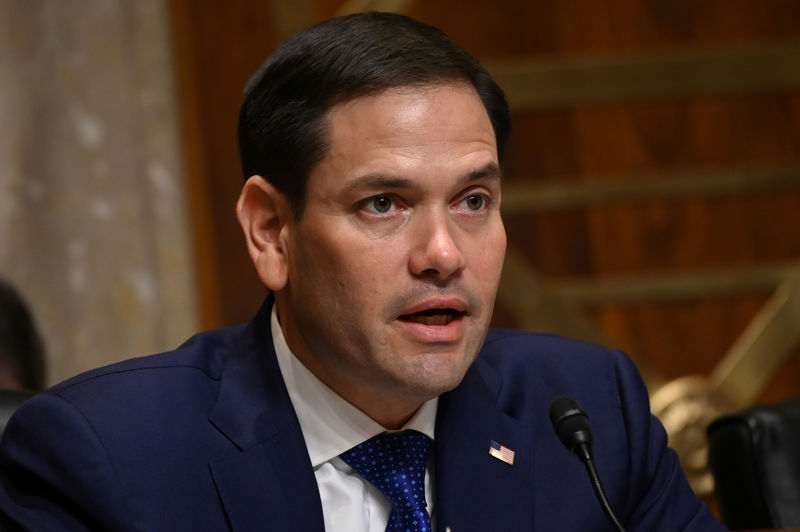By Richard Cowan
WASHINGTON (Reuters) - The U.S. Senate on Thursday aims to pass legislation backed by President Donald Trump that would suspend the limit on federal borrowing for two years while adding billions of dollars in deficit-spending, Republican senators said on Wednesday.
The Senate vote would authorize $2.75 trillion in new spending through Sept. 30, 2021 for "discretionary" federal activities. These range from border patrols and diplomatic efforts abroad to management of federal forests, space exploration, health programs and aid to state-run education.
More than half of the money would be dedicated to military programs, an important priority for conservative lawmakers.
This funding does not include the trillions of dollars spent each year to operate "mandatory" programs, such as Social Security retirement benefits and Medicare and Medicaid healthcare programs for older Americans and the poor and disabled, which are automatically replenished.
Despite the bill's robust defense budget, Trump faced rebellion from many fellow Republicans in the Senate.
The measure already passed in the House of Representatives and would be sent to Trump for signing into law if the Senate passes it.
Republican Senator Marco Rubio, who said he will vote against the bill, spoke to reporters after leaving a closed meeting in which it was discussed. He and several other Republican senators who attended said they expected the budget vote to come by mid-afternoon on Thursday.
But some questioned whether there was enough Republican support to get the bill over the finish line because of its lack of any deficit-reduction provisions.
"I get the sense that maybe it's closer than they (Republican leaders) want it to be," Rubio said, adding, "I don't see panic. I see caution, but not panic."
Senator Mike Rounds, who plans to support the legislation, said Republicans nervously awaited the vote. While senators were advised that it likely would come on Thursday, Rounds told Reuters, "It's going to depend on whether or not we have the votes" for passage that day.
Even with the enactment of this bipartisan deal, Congress and Trump face a fierce battle over divvying up about half of the $2.75 trillion for the fiscal year beginning Oct. 1.

Without a deal by that date, Congress would either have to pass a stop-gap measure while negotiations continued or federal agencies would face partial shutdowns like the ones in late 2018 and early this year as lawmakers fought with Trump over his demand to build a wall along the U.S.-Mexico border - a fight the president lost.